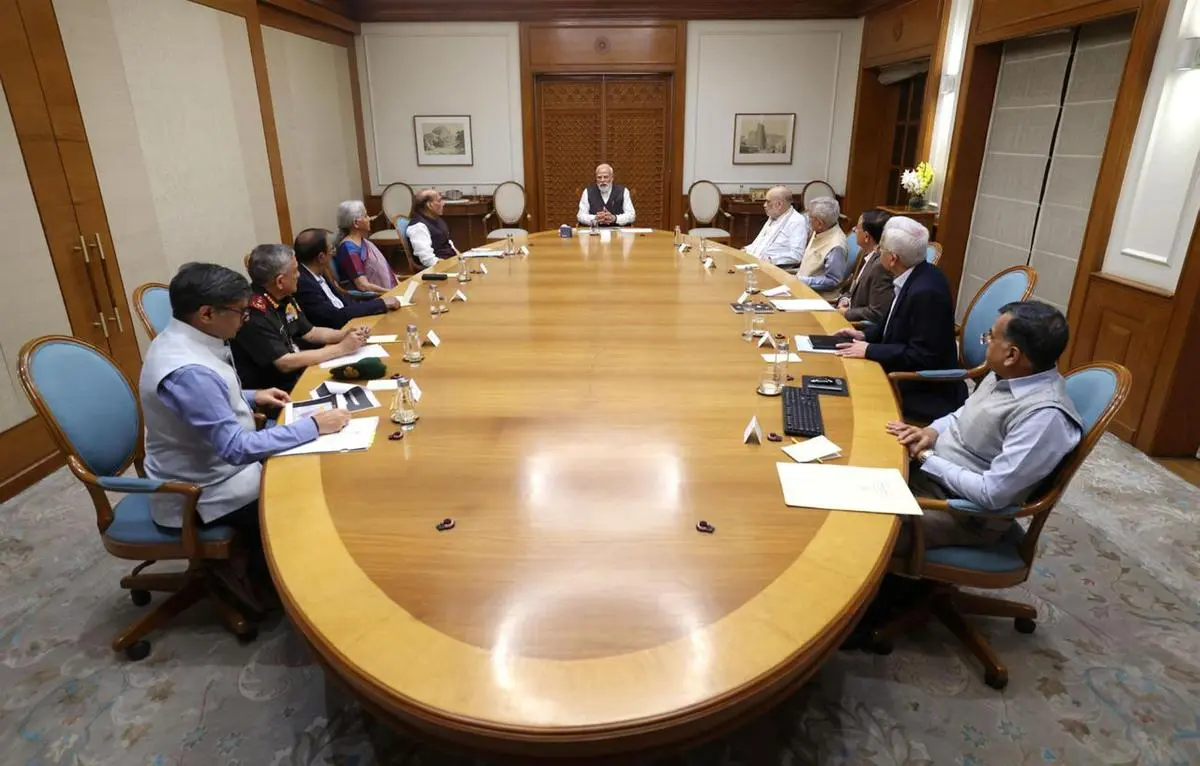Siva Kilari, a prominent Indian-origin candidate at the age of 30, emphasised the importance of addressing law and order issues in his electorate. He criticised the Labour Party’s approach, claiming they were lenient on crime, which was evident in his area
In the recent New Zealand elections on October 14, the country witnessed a significant increase in its Indian immigrant population. Currently, almost five out of every 100 New Zealanders are of Indian descent, making it a favoured destination for Indian immigrants. The political landscape also reflected this change, with a total of 13 Indian-origin candidates contesting in the elections.
The National Party, positioned at the centre-right, had nominated five candidates of Indian origin, while the ACT, self-described as the Liberal Party of New Zealand, fielded four Indian-origin candidates. Additionally, both the Labour and the Greens parties each presented two candidates of Indian descent, marking a notable presence of Indian-origin politicians in New Zealand’s legislature, as reported by RNZ.
In the National Party, there were five Indian-origin candidates in the New Zealand elections. These candidates included Mahesh Muralidhar, Navtej Singh Radhawa, Karuna Muthu, and Siva Kilari. All five candidates shared common goals, focused on rebuilding the economy, restoring law and order, and improving health and education outcomes in their respective areas.
Siva Kilari, a prominent Indian-origin candidate at the age of 30, emphasised the importance of addressing law and order issues in his electorate. He criticised the Labour Party’s approach, claiming they were lenient on crime, which was evident in his area.
Mahesh Muralidhar concentrated on tackling the surging homelessness problem and addressed the traffic inefficiencies in Auckland. He also aimed to strengthen New Zealand’s relations with India and recognized the significance of celebrating the Indian diaspora in New Zealand. This included acknowledging their cultural events, community organisations, and unique challenges, as he stated in an interview with RNZ.
The Green Party presented Neelu Jennings, who advocated for a guaranteed income of $385 a week for everyone, the construction of 35,000 new homes, and the development of disability legislation
Navtej Singh Randhawa’s primary focus was increasing diversity within the government, while Karuna Muthu was concerned about inflation rates. Ankit Bansal, another Indian-origin candidate, aligned himself with the National Party due to its compatibility with his values of personal responsibility, rewarding hard work, and providing equal opportunities to all New Zealanders.
The ACT Party had Parmjeet Parmar as their leading Indian-origin candidate. A former Member of Parliament, Parmar was drawn to ACT due to its consistent use of evidence-based policymaking, a feature she finds lacking in other political parties. Himanshu Parmar, contesting from Hamilton East, was deeply concerned about the cost of living, crime rates, and co-governance issues.
Rahul Chopra, representing the ACT, was driven by the ambition to bring about substantial change. He criticised the worn-out policies of major parties, claiming they had fostered a culture of mediocrity and complacency. Pothen Joseph, another ACT candidate, focused on revitalising the education system, advocating for significant reforms to meet international standards and enhance affordability.
Within the Labour Party, Priyanca Radhakrishnan, contesting from Maungakiekie, prioritised support for local schools and community organisations. She aimed to improve cycling and walking infrastructure and enhance public transport accessibility. Kharag Singh, another Labour candidate, placed education and cultural inclusivity at the forefront of his agenda.
The Green Party presented Neelu Jennings, who advocated for a guaranteed income of $385 a week for everyone, the construction of 35,000 new homes, and the development of disability legislation. Sapna Samant, the other Green Party candidate, aimed to establish an equitable, free, inclusive, and sustainable healthcare system for all New Zealanders.
*************************************************
Readers
These are extraordinary times. All of us have to rely on high-impact, trustworthy journalism. And this is especially true of the Indian Diaspora. Members of the Indian community overseas cannot be fed with inaccurate news.
Pravasi Samwad is a venture that has no shareholders. It is the result of an impassioned initiative of a handful of Indian journalists spread around the world. We have taken the small step forward with the pledge to provide news with accuracy, free from political and commercial influence. Our aim is to keep you, our readers, informed about developments at ‘home’ and across the world that affect you.
Please help us to keep our journalism independent and free.
In these difficult times, to run a news website requires finances. While every contribution, big or small, will makes a difference, we request our readers to put us in touch with advertisers worldwide. It will be a great help.
For more information: pravasisamwad00@gmail.com








